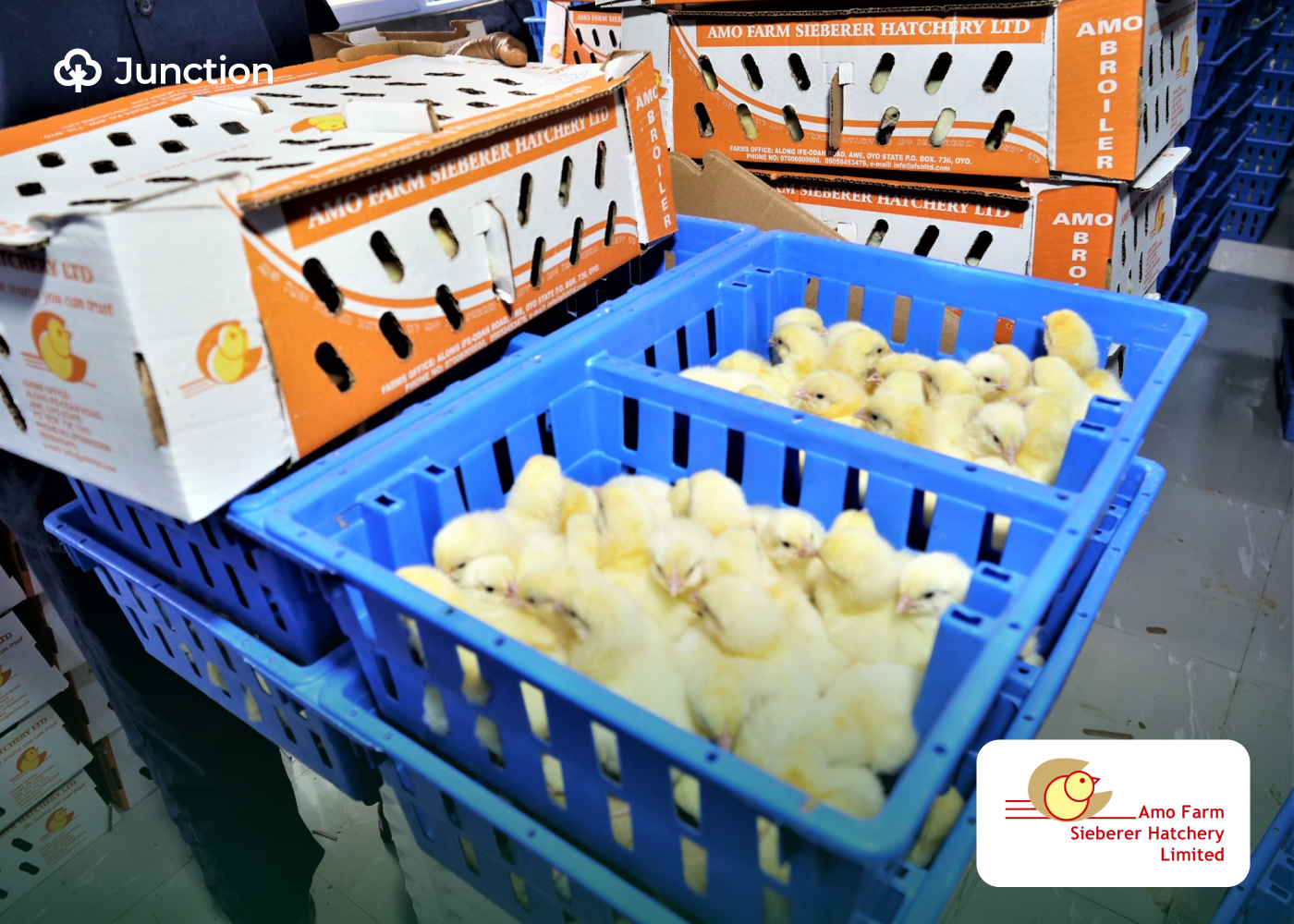Questions answered in this article:
– Why does Nigeria’s agriculture financing require a transformation from the direct disbursement of interventions model?
– What are some major areas of development financing that must be considered when re-focusing agricultural financing in Nigeria?
To hit its production expectation for local and export markets, and value potential of about $250 billion per annum, it is estimated that Nigeria’s agriculture requires funding of about $200 billion.
There must therefore be concerted efforts to encourage equity and debt financing towards galvanising adequate funding for Nigeria’s agriculture.
As the Federal Ministry of Agriculture and Food Security (FMAFS) supports policy and practice enhancement in agriculture, developmental finance efforts must be tuned towards catalysing the financing of agriculture— a departure from direct disburdenment of interventions, which budgetary allocation to the ministry will not meet. It therefore means that financing the development of agriculture must be situated within the financial industry using innovative tools.
An optimised and repositioned agricultural financing outlook that integrates the Bank of Agriculture (BoA) and NIRSAL with influence on Nigerian Agricultural Insurance Corporation (NAIC) for aligned aggregate effect still provides Nigeria with a veritable tool to galvanise financing that will support its agriculture industry in its quest to hit its productivity and market potentials.
In optimising agricultural financing in Nigeria, we should pursue four critical transformational pillars. They are as follows:
- Restructuring administration: We should seek to adopt and adapt the World Bank Group (WBG) model for Nigeria’s agriculture, which will seek a merger of BoA and NIRSAL, with integrated work with NAIC. In what will be a new BoA that will support financing of the agricultural efforts of subnational (IBRD/BOA), lending to, and investing in private sector (IFC/BoAVC) and guaranteeing investments and lending (MIGA/NIRSAL) for greater efficiency and effectiveness.We should seek to improve the new BoA’s governance structure through a reconstituted Board of Directors for effective oversight and supervision. As part of that restructuring, we will enhance organisation structure and management capabilities, as well as energise staff for improved delivery and resource efficiency to reflect the organisation’s key business, operations, demographics, and delivery outlooks.Internally, we should focus on the organisation’s business functions relating to its investments, credit, and finance activities to create and deliver investment strategies, develop, and manage its credit outlook towards generating high quality activities that will utilise and support its lending, investment, and guarantee fund. Our focus on its business functions and strategic collaboration with stakeholders will ensure that the new BoA is well prepared to carry out its lending, investment, guarantees, value chain enhancement and support activities.
In concert with focusing on its business functions outlined above, we should also lead efforts to revitalise the business support functions of the merged organisations to enhance operational capacity, risk management framework, advocacy, and stakeholder engagement capacity to enable delivery on its overall mandate.
- Attract funding: We should set bold ambitions to galvanise up to $20 billion (10% of estimated funding gap) for Nigeria’s agriculture by 2027, through lending, investment, and guarantee initiatives. We should launch our strategic roadmap to achieve these bold ambitions that will form the foundation to usher in a period of accelerated funding growth towards further closing the $200 billion agriculture funding gap post 2027.Leadership at the new BoA, merged with NIRSAL should position to attract catalytic funding from multilaterals such as the World Bank Group and AfDB to support lending, investment, guarantees, value chain strengthening and its other objectives and activities.
- Develop capacity: We should work to improve technical capability to enhance the quality of lending, effectiveness of investments, acceptability, and weight of its guarantees. This will be done by partnering with organisations such as Multilateral Investment Guarantee Agency (MIGA) and African Development Bank (AfDB) for capacity development and guarantees.We should also strengthen our capacity to support agricultural finance stakeholders by aggregating data, creating tools for decision making, and supporting the enlightenment of the agricultural sector and its financing. We should partner with private sector players to deliver ancillary services such as agriculture industry focused credit ratings taking both quantitative and qualitative parameters of agricultural peculiarities into consideration.
- Engage Stakeholders for Fit: A new BoA consisting of a merged BoA and NIRSAL should engage and collaborate with financial services and agricultural industry stakeholders to create and deliver fit for purpose products and enhance service delivery to increase agricultural productivity. We should provide periodic research and studies to highlight the state, outlook, and future of the agriculture industry in Nigeria, providing thought leadership on the path to growth, sustainability, and improved participation in Nigeria’s agriculture.
These four pillars constitute an integrated pathway towards revamping agricultural financing in Nigeria and positioning to support ample financing of Nigeria’s agricultural industry.
Execution outlook should be approached with clear Key Performance Indices (KPIs) and timelines, that will be frequently measured for delivery, and periodically reviewed for alignment of purpose and plan.



